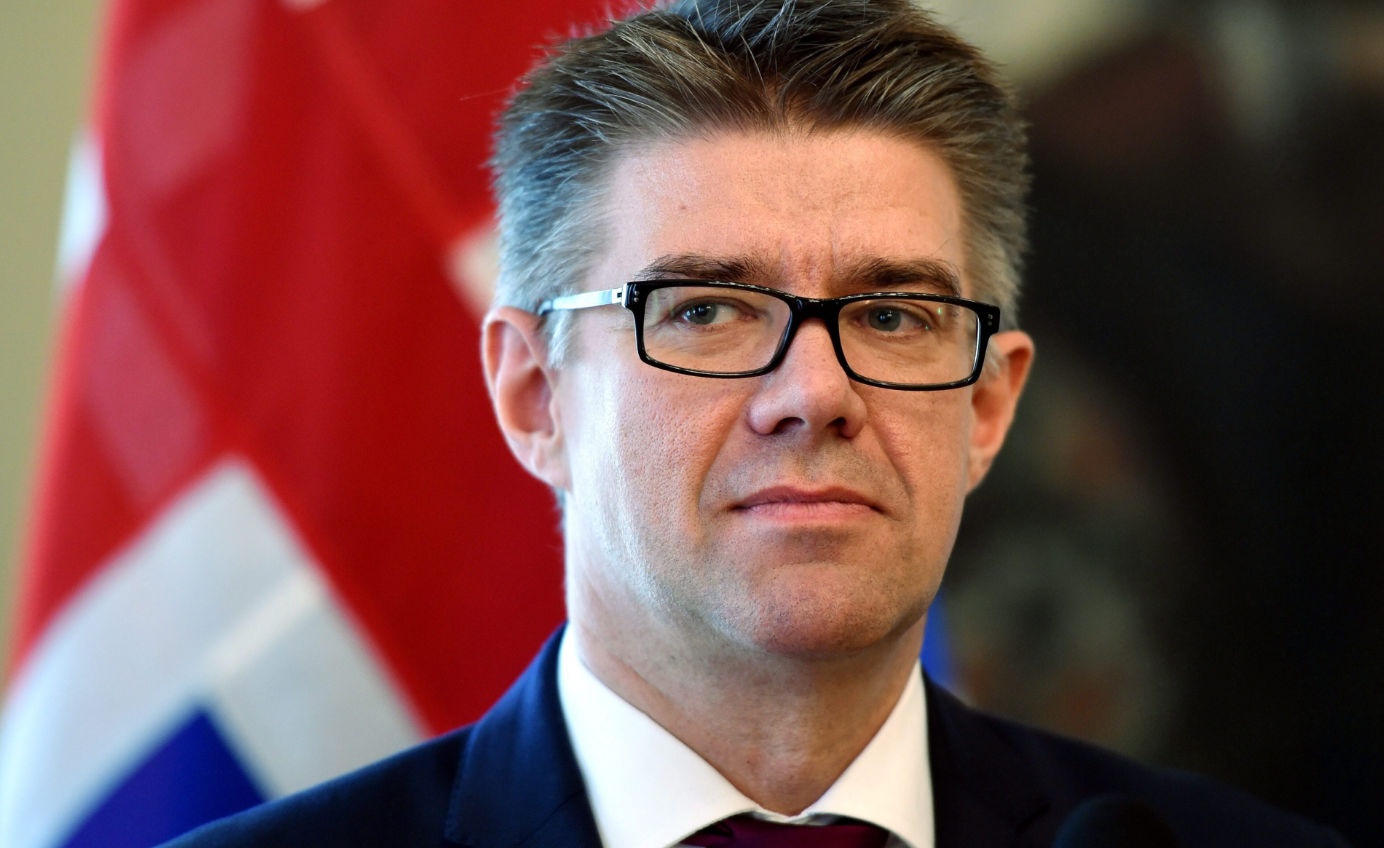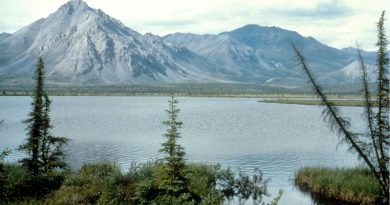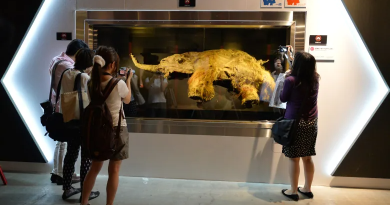Iceland blasts Arctic Five for exclusion from fishing agreement

Iceland says the recent Arctic fishing moratorium, signed by the five Arctic coastal states without Iceland’s participation, is ‘unacceptable’ and a worrying precedent.
“We have been able to have good cooperation between the eight (circumpolar) countries and it has been a success – until now,” said Gunnar Bragi Sveinsson, Iceland’s minister for foreign affairs and external trade, in an interview with Radio Canada International’s Eye on the Arctic this week.
“I hope, of course, that it will be a success in the future. But this is not a good sign for the future if some states are going to make declarations without the others.”
In this week’s Eye on the Arctic Feature Interview, Eilís Quinn speaks with Gunnar Bragi Sveinsson, Iceland’s minister for foreign affairs and external trade, about the Arctic fishing moratorium and its implications for Arctic cooperation:
Iceland, Finland, Sweden excluded
The five Arctic coastal states, known as the Arctic Five, include Canada, Denmark, Norway, Russia and the United States.
Those countries, along with Iceland, Finland and Sweden, also make up the Arctic Council.
The international forum was set up to foster cooperation between the eight circumpolar nations on issues like environment and sustainable development.
The group has had a number of achievements since its inception including agreements on marine oil pollution preparedness and search and rescue.
However, the fishing moratorium was arrived at by the Arctic Five, outside of the Council, and without Iceland, Finland and Sweden’s participation.
While Finland, and Sweden have no Arctic coastline, Iceland has long argued as it should be included in discussions on Arctic fishing given the island nation’s location, fishing industry and scientific research into sustainable marine environments.
“In Iceland we have a profitable fishing industry without any subsidies, ” Sveinsson said. “We have sustainable fishing stocks around the island that we’ve been building up over three decades . Our system has been recognized as preventing overfishing and building profitable companies. We have a lot to offer to the conversation.”
Ambassadors summoned
Last week, Iceland’s Foreign Ministery called in the ambassadors of Canada, Denmark, Norway, Russia and the United States to voice its displeasure with the agreement.
“I think it should be obvious to most of the nations why Iceland is unhappy,” Sveinsson told Eye on the Arctic.
“We have been advocating for the oceans, for sustainable fisheries for years. We are among the leading fishing nations and no Arctic coastal state depends as much on fisheries as Iceland.”
“For those five states, if they are serious about having some kind of control, or whatever they are thinking about in the central Arctic Ocean, Iceland should be around that table.”
Sveinsson said Iceland had not received an answer on why it’s been excluded from the five states’ discussions.
“For us (exclusion from the agreement is) a decision that is not appreciated in Iceland and it needs to be clarified,” he said.
Troubling implications
In news releases issued this month by the Arctic Five about the moratorium, Canada, Denmark, Norway, Russia and the United States pledged to work together with other countries concerned about unregulated fishing in the Arctic.
“We acknowledge the interest of other States in preventing unregulated high seas fisheries in the central Arctic Ocean and look forward to working with them in a broader process to develop measures consistent with this Declaration that would include commitments by all interested States,” it said.
But Iceland calls this unacceptable and characterized it as a strange way at working towards consensus.
“We should ask ourselves the question: What does this mean?,” Sveinsson said. “If five of eight Arctic states decide to make some kind of declaration without discussing it with the other three, is it something we are going to see more of in the Arctic Council? I think it is not a good sign.”
The United States currently holds the Arctic Council’s two-year rotating chairmanship.
They did not respond to Eye on the Arctic’s request for comment on the issue.
Agreement praised
Environmental conditions currently preclude commercial fishing in the central Arctic Ocean, but climate change has opened the possibility that could change in future.
In 2012, more than 2,000 scientists from around the world signed an open letter calling for a moratorium on commercial fishing in the Arctic.
When the Arctic Five signed the fishing agreement this month it was widely praised.
The Inuit Circumpolar Council, an international organization of Inuit from Canada, Greenland, Russia and the United States, have been strong advocates for a moratorium on commercial fishing in the central Arctic Ocean until a sustainable management plan is in place and were involved in discussions with the five coastal states on the issue.
“Inuit welcome this announcement and have a great deal of traditional knowledge about these stocks to share”, said Duane Smith, President of ICC – Canada, in a news release about the moratorium earlier this month.
The agreement, signed in Oslo on July 16, was also praised by many for taking a longview approach to environmental protection.
Correction: The agreement was signed in Oslo on July 16, not on June 16. This text has been corrected from a previous version.
Write to Eilís Quinn at eilis.quinn(at)cbc.ca
Related stories from around the North:
Asia: Asia ahead on preparing for polar climate change, says U.S. Arctic rep, Eye on the Arctic
Canada: The return of the Arctic Five, Blog by Heather Exner-Pirot
China: China’s silk road plans could challenge Northern Sea Route, Blog by Mia Bennett
Finland: US seeks Finnish support for Arctic goals, Yle News
Greenland: Arctic countries ban fishing around North Pole, Alaska Dispatch News
Norway: China eyes Arctic Norway infrastructure projects, Barents Observer
Russia: The Arctic Council’s Immunity to Crimean Flu, Blog by Heather Exner-Pirot
Sweden: Arctic Council – From looking out to looking in, Blog by Mia Bennett, Cryopolitics
United States: Arctic Alaska meeting planned for Kerry, Lavrov and other officials, Alaska Dispatch News



